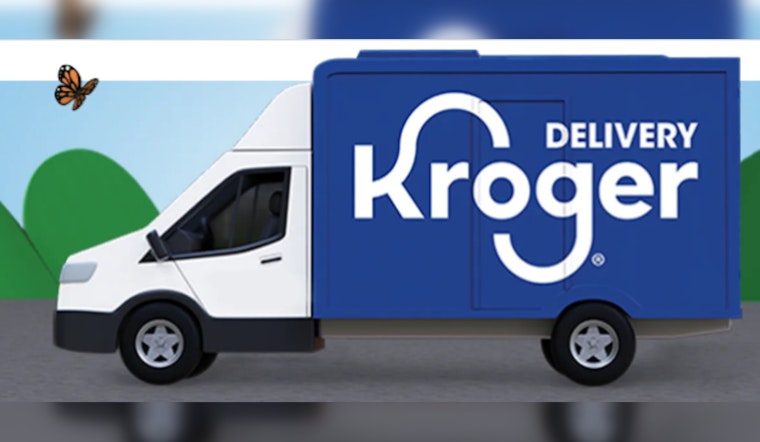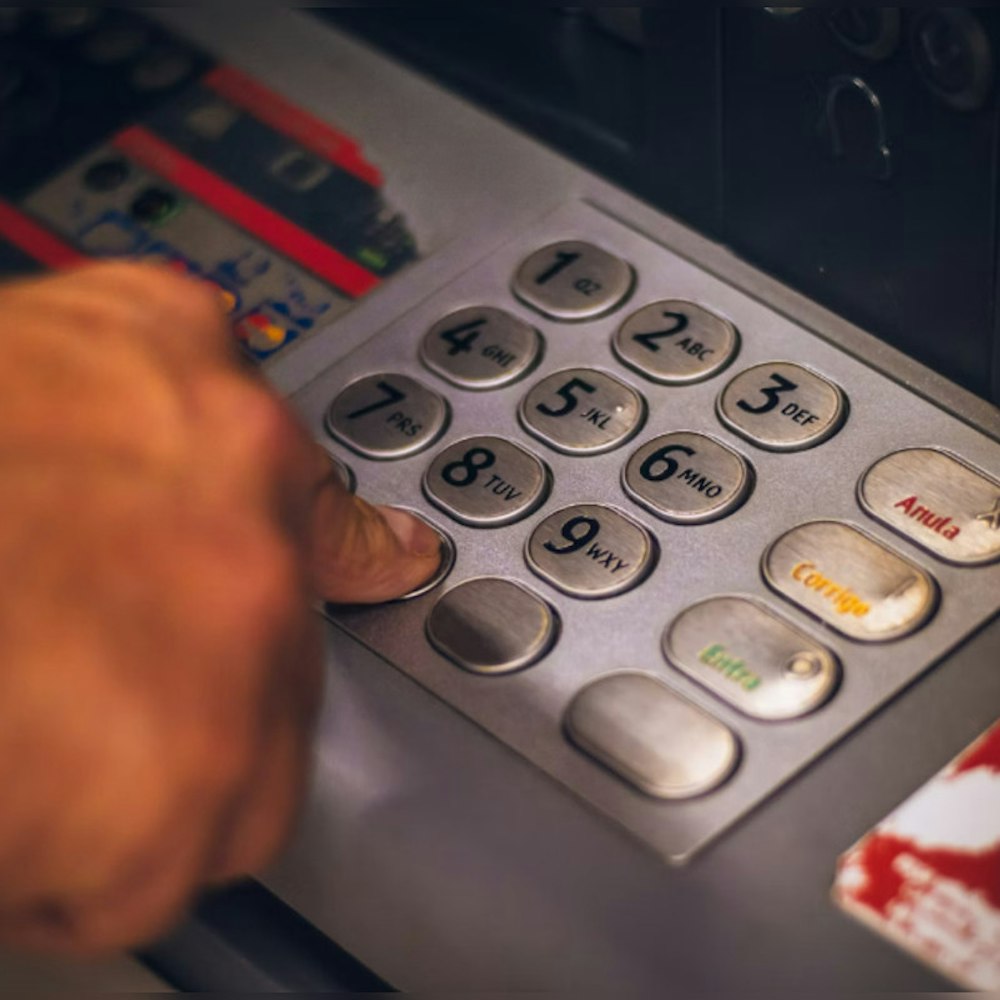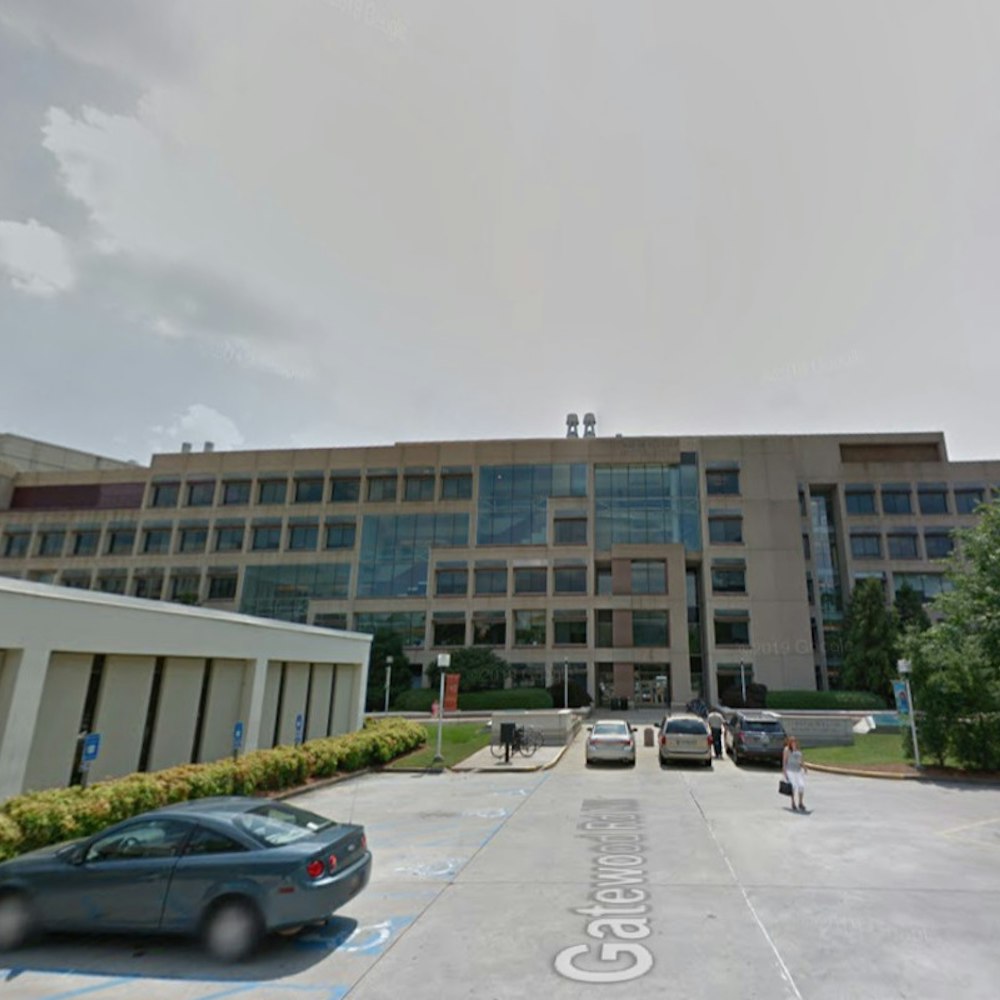
Barely a year since it launched operations in the Lone Star State's capital, The Kroger Co. has announced a withdrawal, shuttering its delivery hubs in Austin, San Antonio, and South Florida on May 25.
Company statements posted on Kroger's official website revealed the closures, including the Austin facility located at 2401 Ferguson Lane. The locations served 90 ZIP codes, providing coverage to Austin's sprawling suburbs and surrounding communities, such as Round Rock, Pflugerville, and Cedar Park. However, it's still a mystery what the future holds for the 70,121-square-foot leasehold, according to KXAN.
Kroger's exit from Austin marks a notable retraction in strategy as the grocery chain sought to make inroads in a market dominated by local heavyweights H-E-B and Whole Foods. Despite a bold entry with its delivery model, Kroger is aborting its mission with 52 workers facing layoffs, a figure attested by the Worker Adjustment and Retraining Notification filed with the Texas Workforce Commission on March 25, as reported by the Austin Business Journal.
"Kroger’s commitment to innovation means that we test and learn quickly to identify the most effective ways to deliver fresh, affordable food to our customers," the company stated. "Despite our best efforts, including support from new customers, learnings from other locations, and the incredible work of our associates, these facilities did not meet the benchmarks we set for success," in a statement obtained by the Austin Business Journal. These comments reflect the company’s sentiment surrounding the closures.
The Cincinnati-based grocer endeavored last year to convert Austinites into loyal followers with competitive pricing against Whole Foods Market and Central Market. Yet, the Austin market proved unyielding, with H-E-B's widespread clout and a proliferation of delivery services like Favor, these trends come amidst a national uptick in grocery delivery services, which forecasts a robust market growth, with a projected revenue nearing $258 billion in 2024 alone, and the potential to soar to $456 billion by 2029, the Austin Business Journal noted.



-2.webp?w=1000&h=1000&fit=crop&crop:edges)





